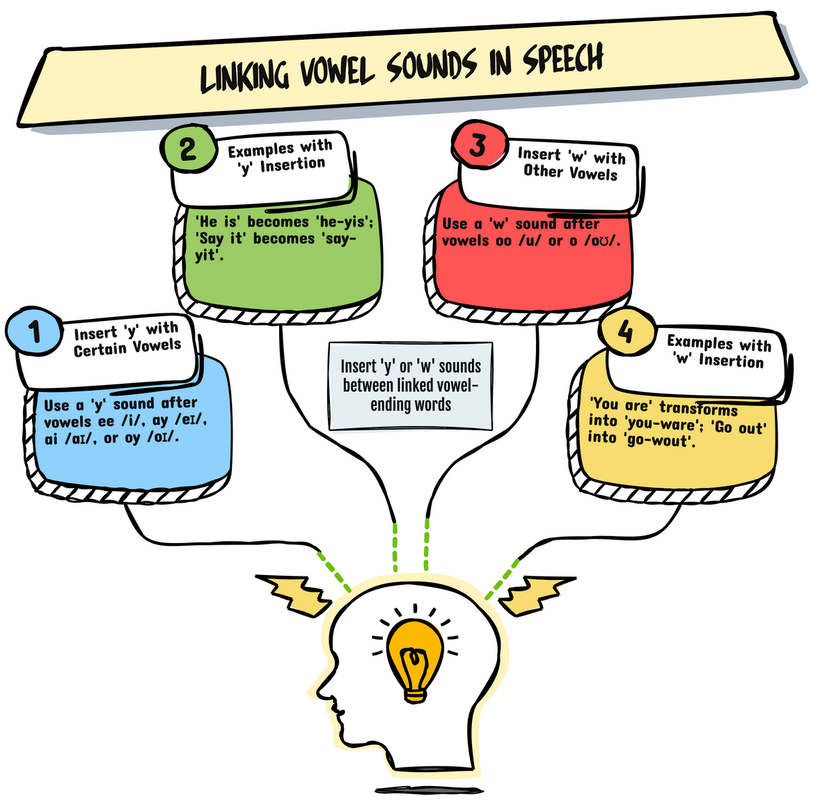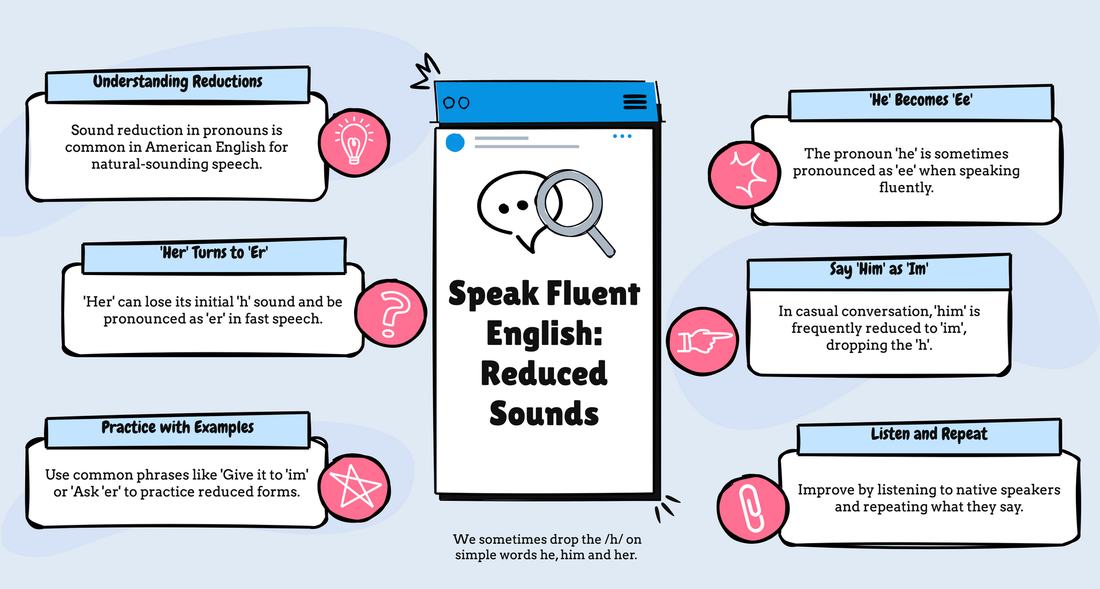|
The way you pronounce vowels in American English is influenced by the vowel system in your native language. The Speech Modification Accent Reduction Technique, or SMART, has labels for the American vowels for ease of understanding, but we also use the International Phonetic Alphabet symbols or IPA, in order for you to see which vowels are the same in your native language and in American English, and which are different. Many languages have the following vowels: Vowel ee, /i/, vowel ay, /e/, vowel ah, /a/, vowel oo, /u/ and vowel o, /o/. Less common in other languages are vowel ɪ, /ɪ/, vowel eh, /ɛ/, vowel A, /æ/, vowel U, /ʊ/, vowel schwa /ə, ʌ/ and vowel er /ɹ/. These are more commonly mispronounced in English because they are not present in the vowel inventory of your native language.
Even if you do not have error patterns on some of the vowels, you likely would benefit from practice on them. Why is this? Because even the vowels common in other languages are pronounced differently in American English. While many other languages simple say one sound for these vowels, the American style is to use more than one sound, and to have a change in pitch. This requires holding vowel sounds a little bit longer. So, how do American vowels sound? In general, we use two sounds for each vowel, and two pitches, high to low. So, vowel ee does not sound just like /i/, but rather ee-uh, starting with the /i/ and sliding to /ʌ/. Start with a higher pitch and slide to a lower pitch. Ee-uh. Easy! Well, not so easy if you aren’t used to it. But using SMART practice, you can shift your habitual patterns and start to make American vowels in common words and phrases. Let’s try the vowels which are most common in languages other than English. Remember we are talking about vowel sounds, not written letters.

Try practicing these words by themselves, and then in short phrases. Remember to lengthen your vowel and slide from the high to the low pitch.
0 Comments
Americans use contractions in many cases. You can read more about this here.
Want to practice all of the common contractions in English? Sign up for our SMART practice site.
 When a word ending in a vowel is followed by a word with a vowel, we often link the words together by inserting an extra “y” or “w” sound. You are sounds like you-ware. He is sounds like he-yis. The pattern is as follows: 1) When the word ends with vowel ee /i/, vowel ay /e/, or diphthong ai /aɪ/ or oy /oɪ/, insert a “y” sound before the next vowel.
2) When the word ends with vowel oo /u/ or vowel o /o/, insert a “w” sound before the next vowel.
Listen to the phrases above. First they are pronounced separately, then linked. Practice running the words together for a more natural, American-sounding pronunciation.
Want more like this? Purchase a subscription to our SMART online practice. Americans frequently simplify or reduce sounds in words in running speech. When pronouns beginning with “h” are in the middle and ends of phrases, the “h” is sometimes left off, as the pronouns are not stressed. For example, “Is he busy?” sounds more like “Izzy busy?” Try the following phrases, using a silent “h” on the words he, her and him.
Want more like this? Check out our REAL TALK online course!
If you speak Arabic, Indian English, French, Italian, Russian, Vietnamese, Tagalog, German, Dutch, Czech, Hungarian, Ilocano, Indonesian, Portuguese, Urdu, Romanian, Tamil, Hindi, Gujarati, Bengali, Polish, Punjabi, Burmese, Bulgarian or Yoruba as your first language, you may have an error pattern when you say words in English that start with the letter P. Speakers from these language backgrounds will say the “p” sound as an unaspirated p, which means it does not release the stopped air. This makes it sound like a ‘b” to the American listener. For example, the word pie sounds more like bye. Try saying the words below. Put your hand in front of your mouth to make sure you release the stopped air. You should feel a puff of air on your hand.
For more recordings and video practice, subscribe to the full online practice site. |
Categories
All
Archives
May 2024
Have Questions?
Get A Free Consultation We offer a free 30-minute phone consultation. Schedule yours now. |


 RSS Feed
RSS Feed

